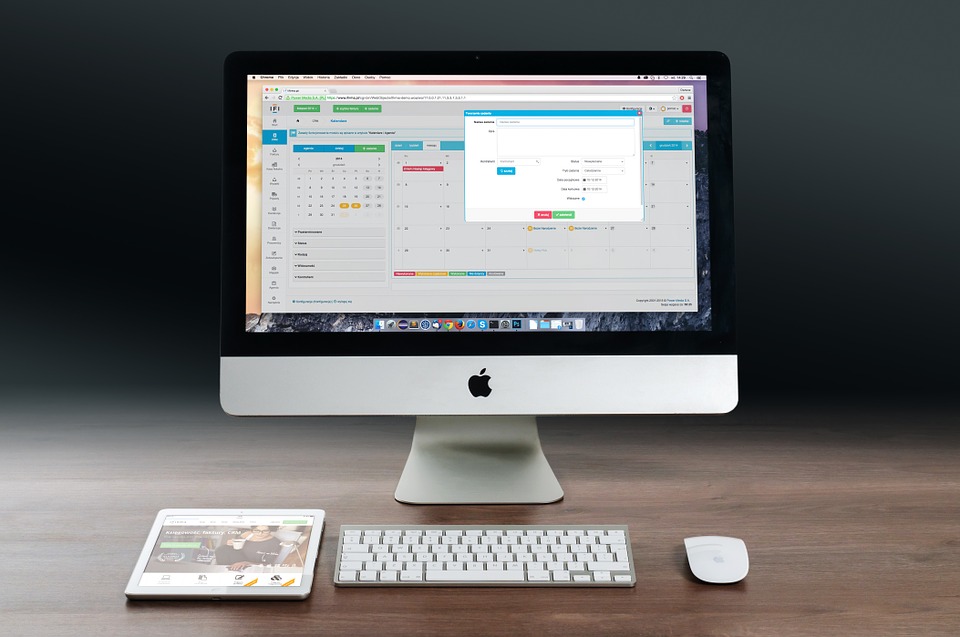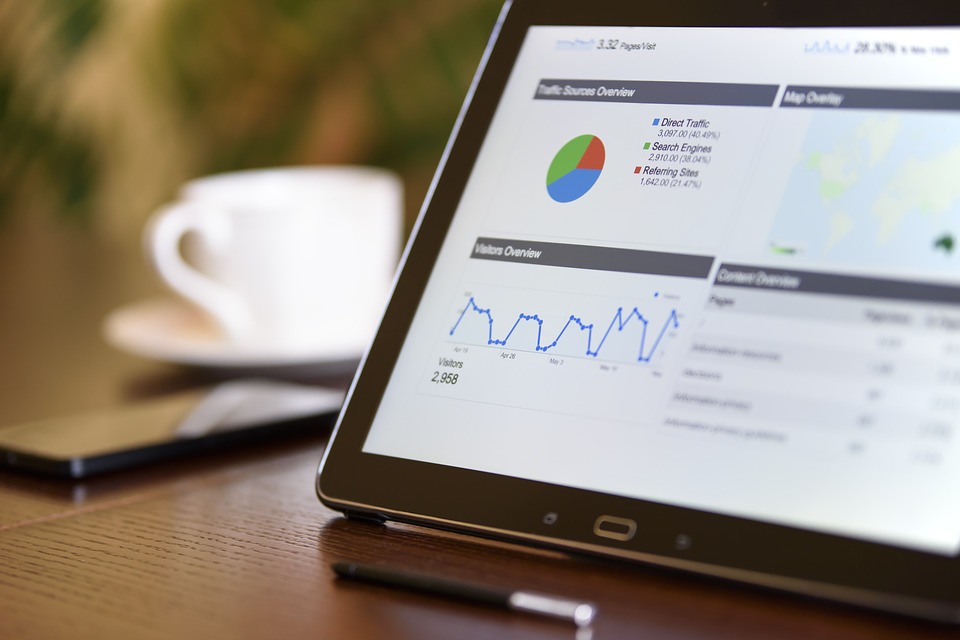The 5 Biggest Benefits of CRM for Your Business
The relationship between a company and its customers is what makes or breaks the business. Cultivating a good relationship with your customers relies mostly on trust and loyalty and forming a good relationship with customers will not only increase profit, but also help with customer retention. This is precisely why Customer Relationship Management (CRM) is so important.

A CRM software is a solution that allows businesses to store prospects and customers, manage calls and emails, create reports, manage appointments and much more. All, within a single system. While the CRM software is mainly purposed for marketing and sales, the customer service department can benefit tremendously from it also.
When it comes to marketing, the tool helps measure the ROI on their campaigns and determine if they are successfully targeting their ideal customers. The sales team can use a CRM software to automate day-to-day tasks, track sales productivity, enhance their sales strategy and, overall, get a deeper understanding of their customers and prospects. When it comes to customer service, CRM can be used to improve relationships with customers and gain insight on the past interaction they had with the company.
Overall, a custom CRM software, designed especially for the needs of your company, can bring tremendous benefits. Below is a list of the five biggest benefits CRM can bring to a company.
Improved Informational Organization
The more information a business has about its customers, the more positive the experience it will be able to provide to them. This is why it is extremely important to document every interaction you have with a customer. Whether it is an order, a phone call or a complaint.
Fortunately, that does not mean organizing filing cabinets and keeping sticky notes everywhere. Advanced organizational technology, such as CRM, will not only help you accurately keep and organize data from all past interactions with a customer, in order to use it for future reference, but it also makes the data sharable across departments. This way, it doesn’t matter who helps the customer, as they will have all the information necessary available in an instant. This results in a more time-effective interaction, which helps both the clients and the employees.
Better Internal Communication and Customer Service

As previously mentioned, CRM gives employees access to the same customer data, thus making it possible for them to provide customers with the same high-level of customer service, no matter who is handling the account.
Sometimes, one employee becomes the main point of contact for a customer, but sometimes, that particular employee might not be available, which means that someone else has to handle the customer. Many customers become reluctant when that happens, as they believe their new person of contact does not fully understand their history with the company or their unique preferences. With a CRM software, this is not the case anymore. No matter who handles the account, all employees can have access to the same level of documented information, making communication with the client much easier.
Given the fact that CRM is cloud-based, it makes it accessible from any kind of device. This makes communication with the customers possible, even if the employee is outside of the office. This is extremely helpful for field teams, who have to assist customers on the go, or if they need to verify any information before a meeting outside the office.
Improved Marketing Results
Nobody likes to receive countless newsletter emails for products they are not interested in, even if it comes from a company they like. Customers are often overwhelmed with that type of information daily and it only drives them away from the company in question.
Targeting the right customers is more important than ever and can only bring benefits to your business. A CRM software helps you do just that. For example, if you plan on launching a new product and you want to effectively promote it, simply sending a newsletter to all your customers can do more bad than good. The customers who are not interested in that type of product will not even read the emails and chances are, they will feel less interested in future advertising as well.
With CRM, you can filter contacts by your own criteria and make sure you send out information to those who would potentially be interested in the product. This will ensure your marketing campaign only hits the right targeted group and keep other customers from having to deal with unnecessary information.
Task Automation
The sales process means much more than just getting a customer to agree to purchase a product. It involves dozens of small tasks that need to be completed, in order to have all the documentation in place. Reports, forms, legal issues and many other assignments, which are vital to the sales process.
A CRM system will help employees complete these tasks much more effectively and focus their attention on other aspects of the sales process, with the help of automation.
Before CRM, employees often had to gather all customer information and perform all tasks by themselves, with the help of some basic tools, such as Excel sheets and emails. While this might still be effective to some extent, it becomes quite hard to manage if your customer base is growing.
Improved Data Analyzing and Reporting

A CRM system allows businesses to store all the necessary customer information in one place, improving data analyzing and keep your team away from errors or miscalculations. It gives the possibility to integrate various customized tools or plugins into the system, to generate automatic reports and analyze information, thus maximizing the employees’ time.
CRM gives the possibility of personalized dashboards, making it much faster to locate particular information, such as sales goals, customer information, as well as performance reports, to make sure no opportunities are misses. This allows sales teams to make informed and effective decisions when it comes to prospecting new leads, as well as providing them with the means to reward loyal customers when the time comes.
Personal contact info – slikgepotenuz@gmail.com
Permanent Address :- Montville, NJ
CEO and co-founder at Cloudsmallbusinessservice.com